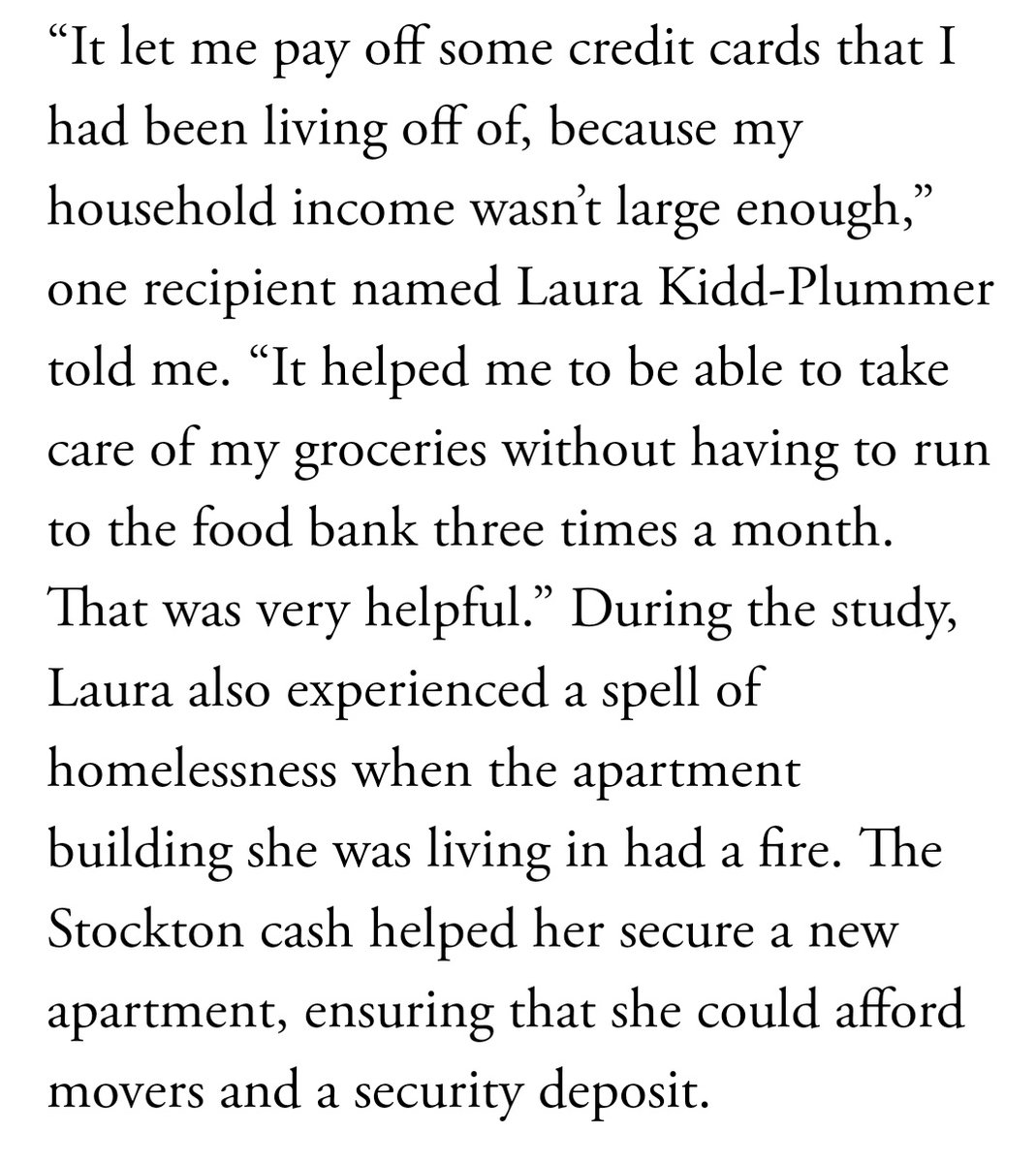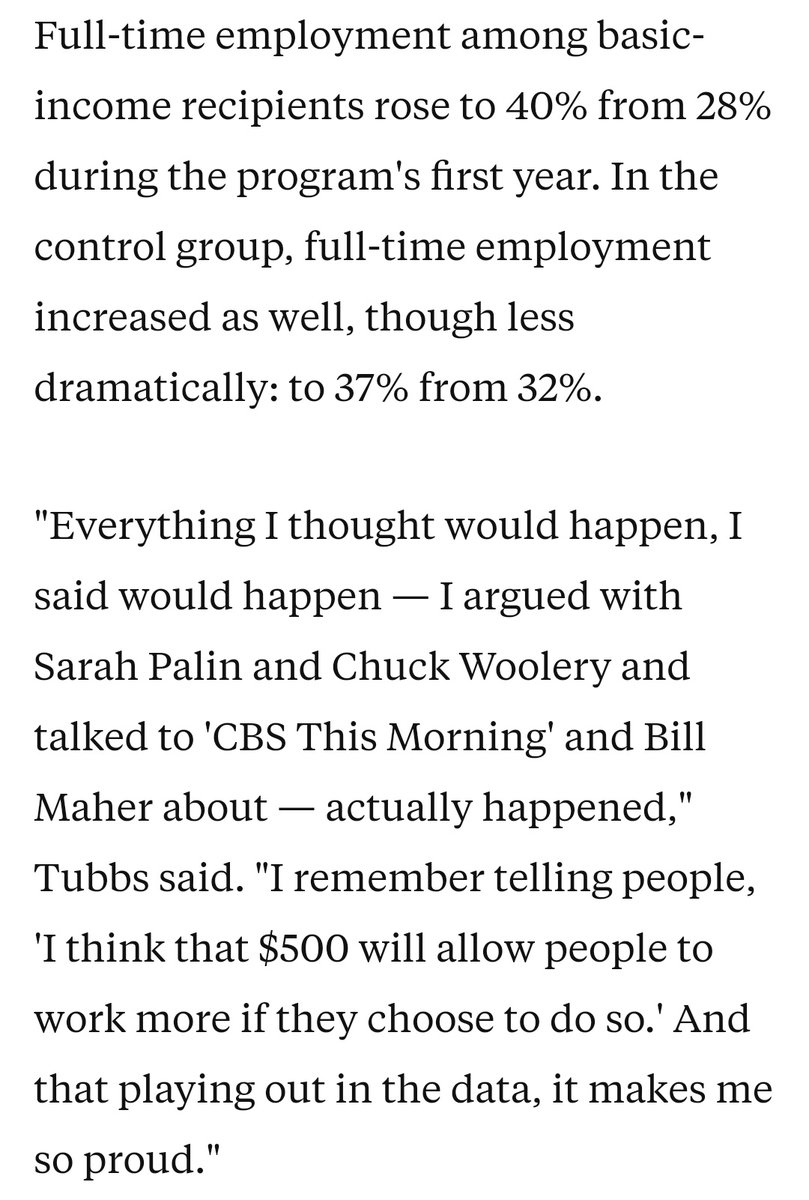
Here's a quick thread on the $UBI coin project that's part of @DemocracyEarth and @Kleros_io on the Ethereum blockchain that @santisiri has recently launched.
First, I have to say, I'm impressed by its approach to UBI which includes some pros and cons.
proofofhumanity.id
First, I have to say, I'm impressed by its approach to UBI which includes some pros and cons.
proofofhumanity.id

Pros:
1. Verified humans receive $UBI in the form of a constant drip. With every second of existence, you get a bit more UBI.
2. Verification is a process that prevents one person from getting more than one account.
3. The currency provided has actual value. (about $450/mo)
1. Verified humans receive $UBI in the form of a constant drip. With every second of existence, you get a bit more UBI.
2. Verification is a process that prevents one person from getting more than one account.
3. The currency provided has actual value. (about $450/mo)
Cons:
1. The application process is prohibitively expensive. It cost me about $350 of which $290 was refundable. ($60 was the ETH gas fee)
2. The application process requires the ability to setup and connect an ETH wallet with sufficient ETH, and record a video + post a photo.
1. The application process is prohibitively expensive. It cost me about $350 of which $290 was refundable. ($60 was the ETH gas fee)
2. The application process requires the ability to setup and connect an ETH wallet with sufficient ETH, and record a video + post a photo.
The high cost serves to exclude those most in need of UBI, but at the same time, it reduces the number of people cashing out their UBI, which helps maintain the price.
There's also an additional incentive for people to stake their UBI in either the ETH or DAI pools for more UBI.
There's also an additional incentive for people to stake their UBI in either the ETH or DAI pools for more UBI.
Over 1,000 people have applied so far, (I'm not sure how many have been successfully verified as of right now) and I would guess that most of them are not low income. I'd also guess that most of them are very tech-oriented and thus likely also disproportionately higher income.
Obviously, this is not the outcome we want, for mostly high income, and mostly white, and mostly male people to receive UBI. (To be fair, I don't have demographic data and am just guesstimating based on the public profiles).
But this approach does have potential. Hear me out.
But this approach does have potential. Hear me out.
We don't know yet how to make a successful UBI cryptocurrency. Different approaches need to be tried. Typically, the value is nil. I've accumulated about 1500 G$ via @gooddollarorg since it was launched and that's worth about 33 cents traded for USDC right now.
If $UBI can scale up while still maintaining its value, working out issues along the way and getting a lot of people on board who choose to help maintain its value, then when it gets easier to obtain by those who need it most, it could actually significantly boost their incomes.
The jury is still out on this approach to UBI, but as one of the ones already receiving $UBI with every second of my existence, and at a rate of about $60 a week, I'm excited to see how this one develops.
Also, you can learn more about the project here:
blog.kleros.io/introducing-ub…
Also, you can learn more about the project here:
blog.kleros.io/introducing-ub…
• • •
Missing some Tweet in this thread? You can try to
force a refresh











